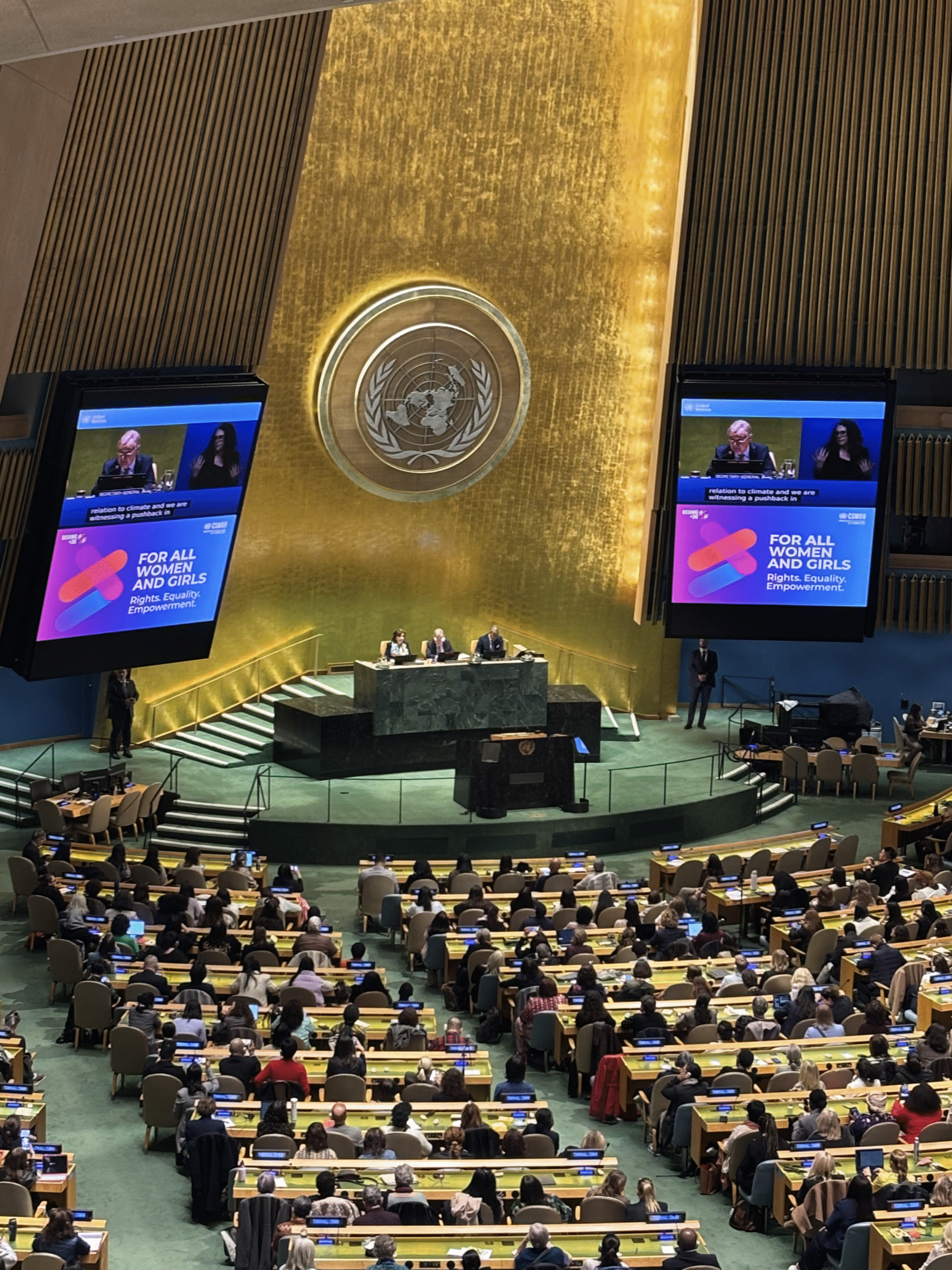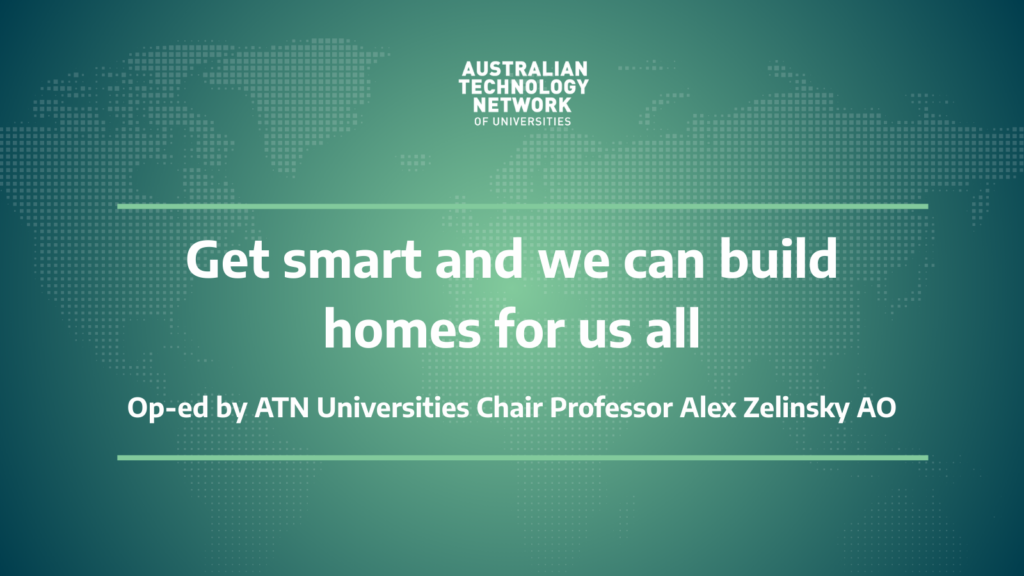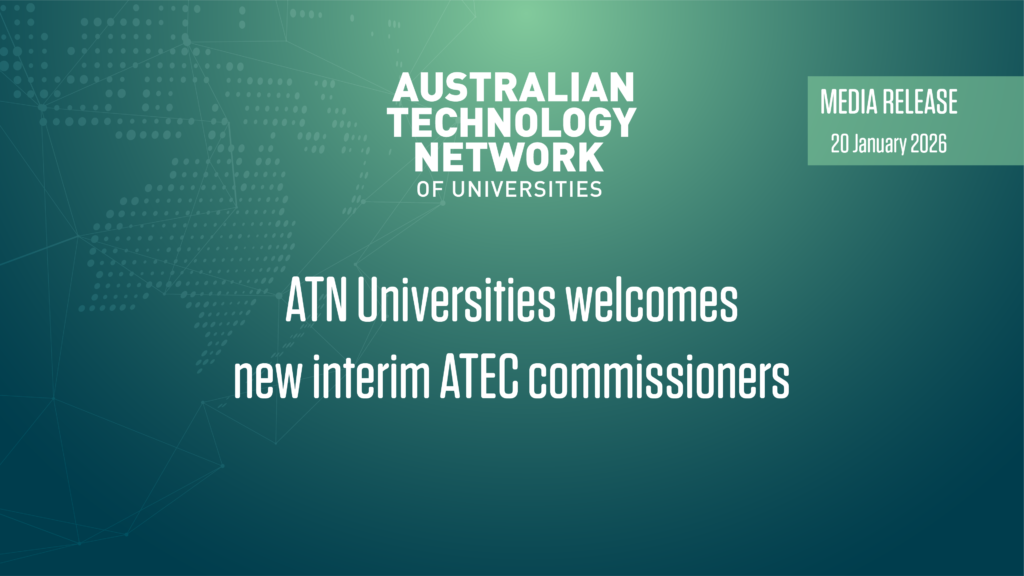The ATN Universities are the leaders in Transnational Education (TNE) in Australia, delivering best Australian practice for international impact. As such, we believe that a truly transformative education extends beyond the classroom, and beyond Australia’s borders. We empower our students to lead on the world stage, as is the case with Curtin University’s Ayesha Ibrahim. Following her attendance at the sixty-ninth session of the Commission on the Status of Women (CSW69) at the UN Headquarters in New York, ATN Universities caught up with the Global Voices Scholarship winner to discuss her work.
Ibrahim described the UN Commission as an extremely transformative experience. “Attending the CSW69 reaffirmed my belief in the power of feminist coalition-building, particularly the role of civil society organisations in bringing lived experience to global policy discussions,” she shared when asked about her key takeaways from the summit.
Ayesha’s attendance at CSW69 is a testament to her deep commitment to advocacy and global engagement. Securing a place in the highly competitive Global Voices fellowship, where only 4 to 6 individuals per delegation are selected each year, is no small feat. Her drive, focus, and academic rigor made her stand out
Ayesha was drawn to the Global Voices Scholarship through her Master of International Relations and National Security at Curtin University. In particular, she credits her choice of studies to an inspirational lecture she attended during her first Masters in Social Work, saying, “I attended a lecture by Senator Anne Aly on countering violent extremism. When asked if she believed there was a ‘best solution,’ she looked at the audience and said, ‘Yeah, I’m looking at it.’ That moment lit a fire in me. Her words reframed extremism not just as a global issue, but a deeply human one requiring bold, informed leadership.” This experience led her into her work, where she is now completing a dissertation on the relationship between the internet and rise of youth radicalisation in Australia.
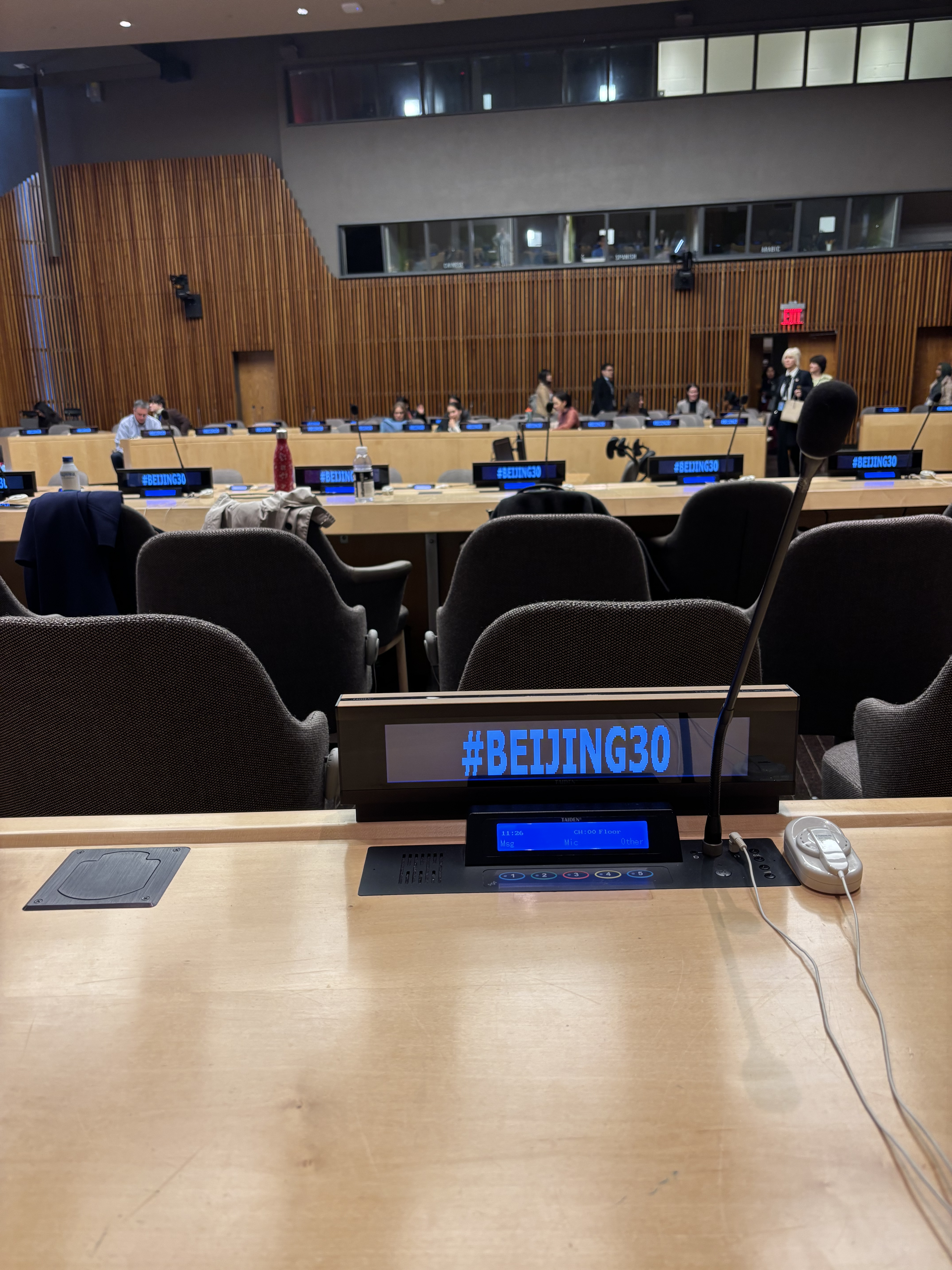
Besides her dissertation, Ayesha’s advocacy is deeply personal. Much of her focus centres on addressing religious and spiritual abuse (R/SA), an issue she not only studies but has experienced firsthand. As a survivor, Ayesha is acutely aware of how this issue is often swept under the rug and deemed “too contentious” to be worthy of action. “From the use of churches to ‘assimilate’ and commit genocide against Indigenous Australians, to the recent death of 8-year-old Elizabeth Struhs after being denied life-saving insulin under the guise of religion, R/SA has a longstanding history in Australia,” she says. “Despite this, we have no national data examining this issue. For survivors, this means we are effectively left to suffer in silence”.
Driven by this silence, Ayesha has committed herself to advocating for women impacted by forced marriage, female genital mutilation, and coercive control within faith-based communities. Her work goes beyond raising awareness. It seeks to challenge institutional neglect and push for systemic recognition and support for survivors.
For her, advocacy is as much about justice as it is about restoring dignity. “It’s not just about changing policy,” she says. “It’s about giving survivors the dignity of being heard. It is also crucial that communities and institutions that perpetuate and justify religious and spiritual abuse are held accountable. This can only be achieved when we stop treating R/SA as taboo, and instead provide survivors with culturally informed, evidence-based pathways to justice and healing.”
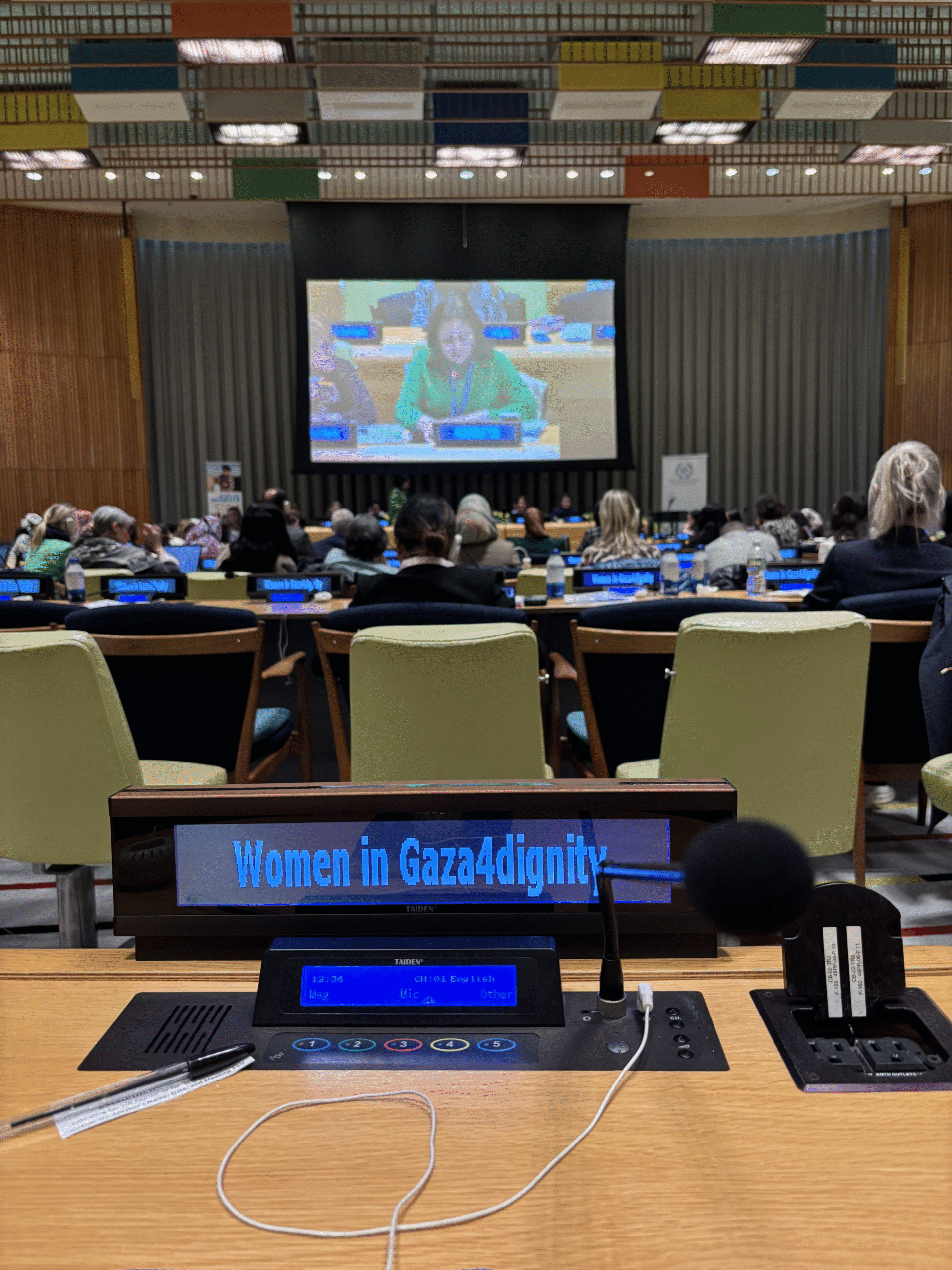
When asked about the biggest challenge facing higher education in Australia, Ayesha reflected on the growing tension between political correctness and open dialogue. “One of the biggest challenges I’ve observed is the increasing prioritisation of political correctness over open, mutually respectful dialogue,” she explained. “Universities have always been spaces for rigorous debate, where ideas are challenged and perspectives broadened. When the freedom to engage with difficult or controversial ideas is stifled by institutional pressures, it undermines the very essence of higher learning. Ensuring that all voices can be heard without fear of retribution is essential for the progress of academic and social discourse.” Indeed, this opinion is certainly reflected in her work, as she fights to bring attention to the issues that are often considered too complex or uncomfortable to confront.
Given the emotionally demanding nature of her work, ATN was curious about how Ayesha stays grounded and motivated. Her answer? “My answer to this question has been the same since I was a teenager: Taylor Swift,” she quips. “There’s no better way to unwind than to seek comfort in the art of a lyrical genius.”
Beyond music, Ayesha finds renewal in travel, especially in her annual trips to Greece. “I’ve returned almost every year since 2017, and it still feels like a dream every time. Greece’s beauty is unmatched, from the sun-drenched islands, incredibly warm locals, to the best food you’ll ever eat,” she says.
To students who’ve begun their higher education journey in 2025, Ayesha offers thoughtful advice: “Be bold and curious. Follow your passions and don’t be afraid to pivot. Growth often comes from changing direction, not sticking rigidly to a path that no longer fits who you’re becoming.”
Ayesha’s story is just one of many examples of ATN Universities’ students taking their research to a global platform, reinforcing our commitment to producing globalised graduates. Stay in touch with ATN on LinkedIn and subscribe to our newsletter, and visit our ATN25 Global Graduates series to see more inspiring stories like Ayesha’s.
